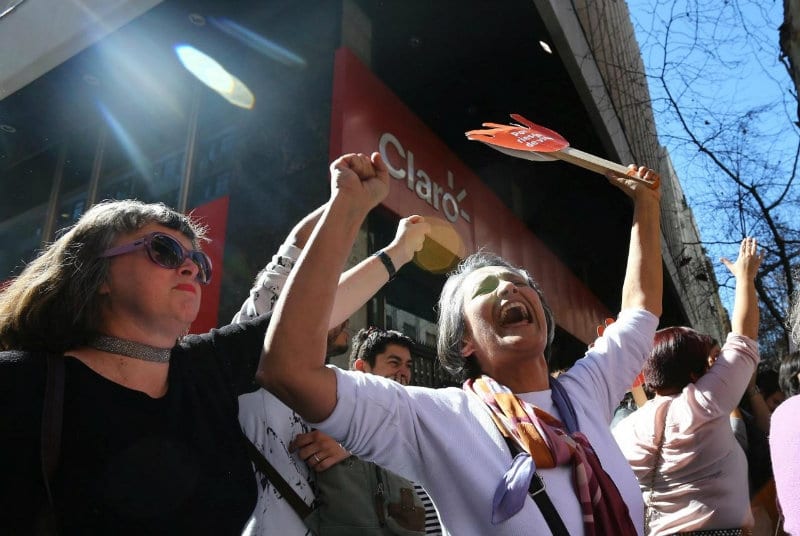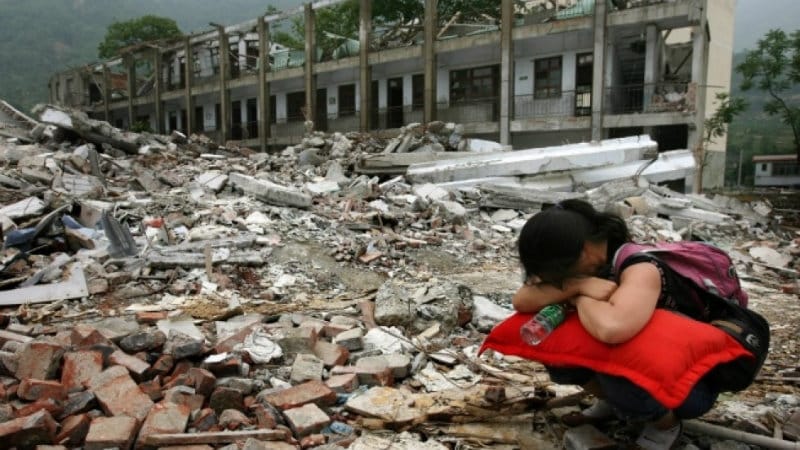
LA PAZ – Bolivian minimum wage rose 310 per cent since President Evo Morales took office in 2006, with an annually continuous increase in the interest of workers.
Minister of Economy and Finance Luis Arce states this responsible wage policy is based on sustained increases in salaries and on a national minimum wage (NMS) above the inflation rate, in order to augment the purchasing power.
“Raising real incomes for workers to boost domestic demand is one of the pillars of Bolivia’s sustained economic growth, which has been keeping it as the South American leader in recent years,” said Mr. Arce said.

“Before 2006, the national minimum wage did not rise even to compensate for inflation and kept at $440 BOP (Bolivian Pesos), equivalent to $63.21 USD by the present mercantile exchange rate of $6.96 per USD.
During the last decade, this minimum wage annually rose and reached $805 BOP in 2016, equivalent to $259.33 USA, for a 310% increase relating to the existing one at the beginning of the Change Process,” according to the Minister of Economy and Finance website.
In a recent meeting with the Board of the Bolivian Workers’ Confederation (BWC), Deputy Minister of Industry Jaime Duran explained the method of calculating the Consumer Price Index (CPI), which technically shows an average price of a family consumer basket.

The Bolivian government, however, restated its willingness to debate with the BWC and the desire to keep on guaranteeing the continuation of an adequate wage policy, within the framework of a responsible economic management of the national economy.



